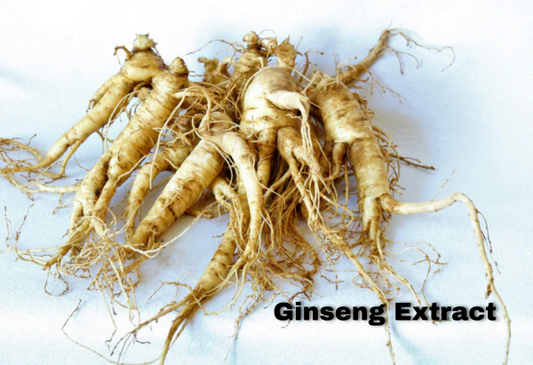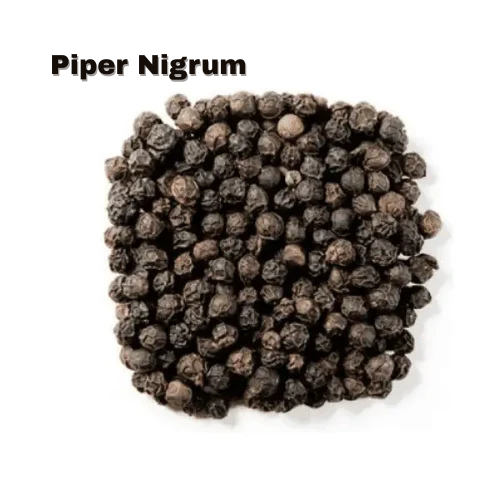
Selenium and Male Sexual Health: How This Powerful Mineral Boosts Fertility and Sperm Quality
Share
Selenium is an important trace element that is vital to men's sexual health, especially fertility and sperm function. Although needed in small doses only, selenium's effect is immense, mostly attributed to its powerful antioxidant function and participation in the synthesis of selenoproteins, which are essential for numerous physiological processes.
One of the significant roles of selenium is its role in safeguarding the body against oxidative stress. It assists in the production of antioxidant enzymes such as glutathione peroxidase (GSH-Px), which protect against injurious free radicals called reactive oxygen species (ROS). These ROS have the capacity to severely impair sperm cells by damaging their DNA and cell membrane, resulting in decreased motility, abnormal morphology, and decreased sperm viability. By fighting oxidative stress, selenium also enhances sperm quality and preserves reproductive cells from harm. Research has established that men with sufficient selenium have superior semen parameters, such as enhanced sperm motility, healthier morphology, and even higher sperm count in some cases.
Selenium is also essential for spermatogenesis—the production and maturation of sperm. Selenoproteins play a role in several stages of this multifaceted process. Selenium also facilitates testosterone production by shielding Leydig cells in the testes that produce this critical male hormone. Proper testosterone levels are important for sexual health, libido, and the creation of high-quality sperm.
Selenium supplementation has worked particularly well in instances of male infertility, particularly when the cause is unknown or due to selenium deficiency. In a few cases, selenium, in combination with other antioxidants such as Vitamin E or Coenzyme Q10, has resulted in marked improvement in fertility rates. Although selenium's direct impact on erectile dysfunction is still under investigation, its role in maintaining hormonal balance and vascular health implies that it may indirectly benefit erectile function as well.
The adult male's recommended daily intake of selenium is 55 micrograms (mcg). But one should not cross the tolerable upper intake level of 400 mcg per day since this will cause selenium toxicity, or selenosis. Toxicity symptoms range from hair loss and brittle nails to gastrointestinal problems and neurological symptoms. Healthful levels of selenium can best be maintained through diet. Brazil nuts are one of the richest natural sources of selenium—a single or double nut can provide or more than the daily need. Other rich sources of selenium are seafoods like tuna, salmon, sardines, and shrimp; meat like beef, chicken, and pork; eggs; whole cereals like brown rice and quinoa; and legumes and mushrooms.
It's worth noting that selenium deficiency is unusual in areas where soil selenium content is high, like North America. But where soil selenium content is low, as in certain parts of the globe, intake from food may be inadequate. In the case of men contemplating selenium supplements—particularly those who are facing fertility issues—it's essential to seek medical advice. A health professional can assess whether you need supplementation and direct you to the right dose in order to prevent harm.
In summary, selenium is an important partner in the support of and preservation of male sexual health. It plays a multipurpose role in all aspects of male fertility, from enhancing sperm quality to aiding in testosterone synthesis and reproductive function. Having the proper balance of selenium—through nutrition or supplemention as necessary—is an easy step towards making a positive impact on reproductive health.



